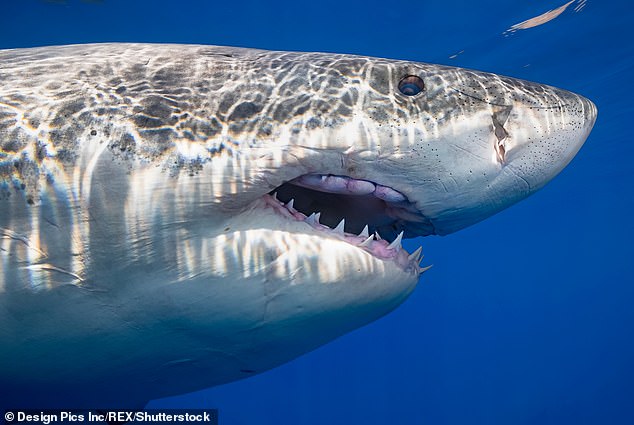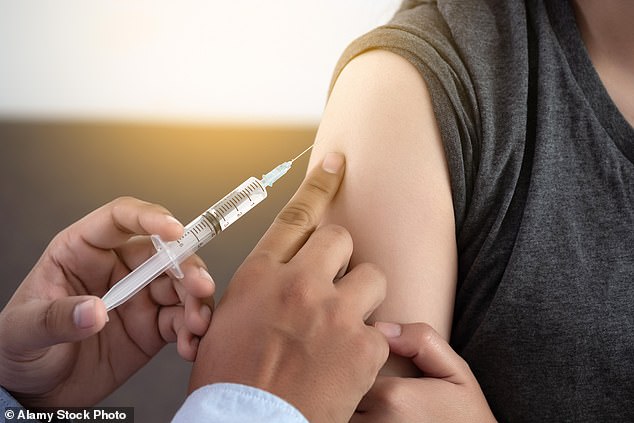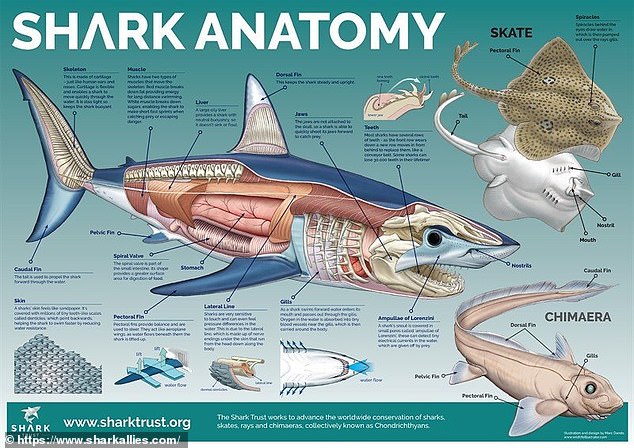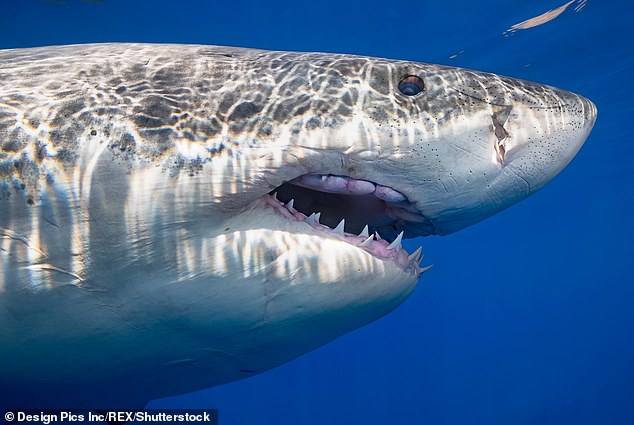Wildlife experts have claimed that about half a million sharks could be slaughtered in an effort to make a Covid-19 vaccine.
Top predators are harvested for squalene, a natural oil made in shark livers that is used as medicine – including current flu vaccines.
The ingredient is used as an adjunct to increase the effectiveness of the vaccine by creating a stronger immune response.
It is used in some Covid-19 vaccine candidates.
If one of these vaccines is used worldwide, environmental group Shark Allies believes that about 250,000 sharks would need to be slaughtered to provide one dose per person.
However some scientists believe that two doses may be required to immunize the population, which means that about 500,000 sharks will need to be slaughtered, according to the calculations of the California-based group.
Stephanie Brindle, Founder and CEO of Shark Allies, said: “ Harvesting something from a wild animal will never be sustainable, especially if it is a large predator that does not reproduce in large numbers.

Top predators are harvested for squalene, which is a natural oil made in shark liver, and used as medicine.

There are a lot of unknowns about the size and duration of this pandemic, and hence the number of releases we have to go through, and if we continue to use sharks, the numbers of sharks taken for this product may be very high, year after year after year. ‘
“We are not trying to slow or impede the production of a vaccine,” she added in a Facebook post.

Stephanie Brindle is the founder and CEO of Shark Allies, who has launched a petition against his use of squalene from sharks.
We simply require that a non-animal squalene test be performed alongside the shark squalene so that it can be replaced as soon as possible.
“ In billions of doses needed annually, for decades to come, it is crucial that we not depend on a wild animal resource. It can be harmful to species of sharks that are caught for oil, which are not a reliable supply chain.
The group has prepared an online petition titled “Stop using sharks in the COVID-19 vaccine – use current sustainable options”.
In the petition, which drew nearly 9,500 signatures to its target of 10,000, the group says there are “better alternatives” to using squalene in vaccines.
The group says squalene, made from shark liver oil, is most commonly used because it is “cheap to get” and “easy to get”.
But they say the chemical composition of squalene is identical in sharks and non-animal alternatives, which means that its effectiveness in vaccines should be identical regardless of its source.

The group says squalene, made from shark liver oil, is the most commonly used because it is “cheap to get” and “easy to get”. Pictured: a drawing showing the anatomy of a shark
All plants and animals produce squalene as a biochemical feedstock, and it can be produced from non-animal sources including yeast, sugar cane and olive oil.
Shark Allies says one company, Amyris, a producer of squalene, based in Silicon Valley, California, uses a process that derives squalene from sugar cane.
In its most recent statement, the company claims it can produce squalene for 1 billion vaccines in one month or less.
The company’s synthetic squalene has not yet been approved for use in vaccines.
However, its chief executive, John Mello, said it is in discussions with regulators in the United States to allow it to be used as an alternative adjuvant in vaccines currently designed to use squalene based on shark.
According to the World Health Organization (WHO), there are 40 candidate vaccines for Covid-19 in the clinical evaluation and 142 vaccines in the preclinical evaluation.
Shark allies say 17 of these vaccines use adjuvants, and five of those adjuvants are based on shark and squalene.
The group also raised concerns about areas where sharks are slaughtered, and said they often come from countries “poorly regulated in terms of fisheries and fish oil production”.
Squalene is often obtained from small private fishing operations in the Pacific Ocean from countries such as Indonesia and the Philippines, and is processed in China.
And they warn that increased demand could increase the pressure on sharks in those countries, as well as in Europe and the United States, while raising concerns about the goulberry shark already in danger – and the hotter.
According to estimates by conservationists, about three million sharks are killed each year by squalene, which is also used in cosmetics and machine oils.
About 3,000 sharks are needed to extract one ton of squalene.





